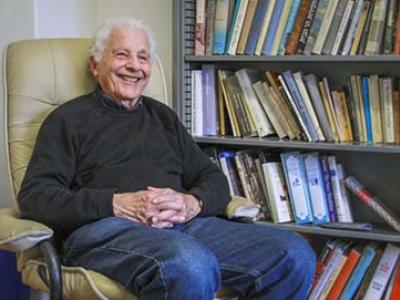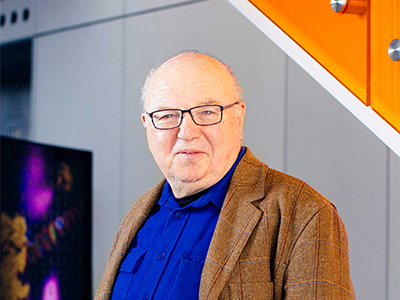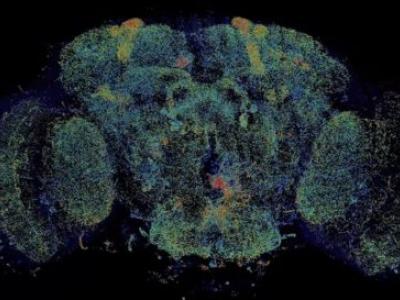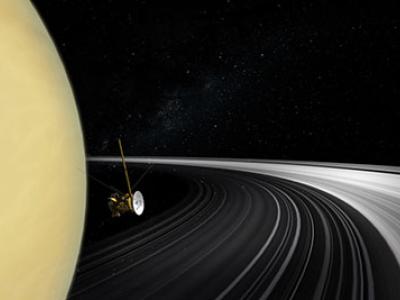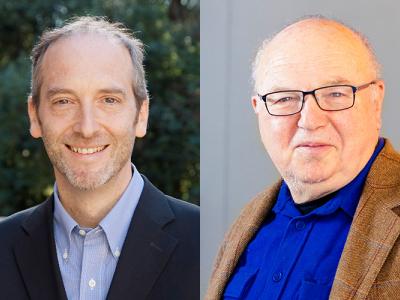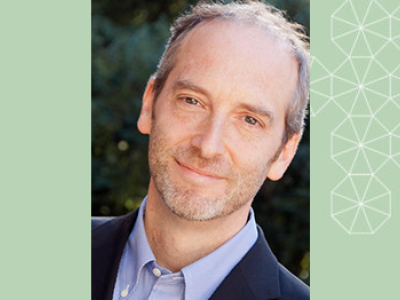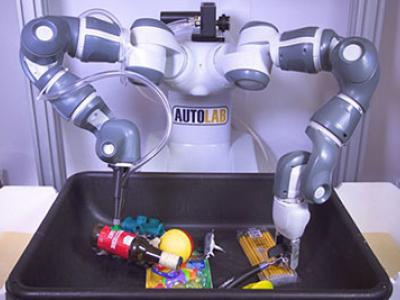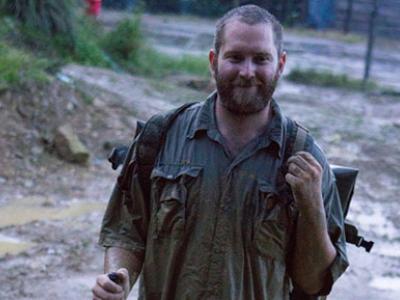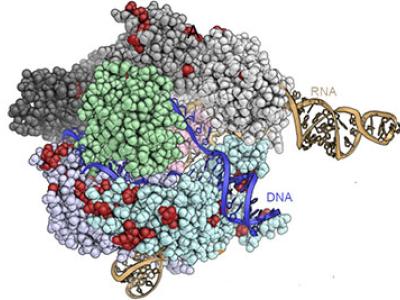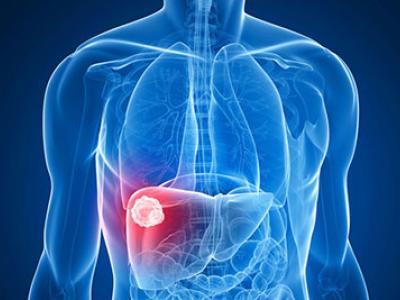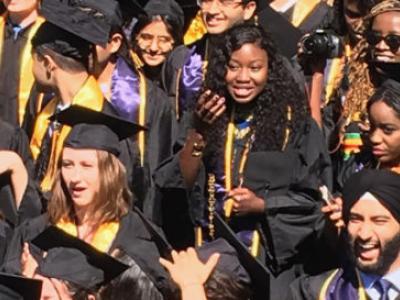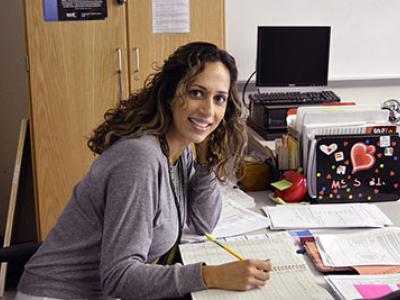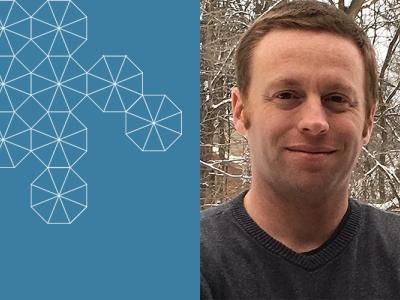Over the last 24 years, Robert Alter has balanced his work on the modern novel with time spent translating the Old Testament in a way that strikes him as “rhythmic.”
Research News
Learn more about UC Berkeley's researchers and innovators.
Showing 1649 - 1664 of 3464 Results
David Zilberman, a professor of agricultural and resource economics at UC Berkeley, has been awarded the 2019 Wolf Prize in Agriculture in recognition of his work developing economic models for fundamental problems in agriculture, economics, and policy.
A new fly-through of the fly brain allows anyone to whizz past neurons and visit any of the 40 million synapses where neurons touch neuron. It’s a super-resolution view of the complex network connections in the insect’s brain that underlie behaviors ranging from feeding to mating.
One of the last acts of NASA’s Cassini spacecraft before its death plunge into Saturn’s hydrogen and helium atmosphere was to coast between the planet and its rings and let them tug it around, essentially acting as a gravity probe.
Two UC Berkeley faculty have been awarded 2019 Wolf Prizes in chemistry and agriculture, the Israel-based Wolf Foundation announced this week.
John F. Hartwig from University of California at Berkeley and Stephen L. Buchwald from MIT, awarded the 2019 Wolf Prize for Chemistry for the development of efficient transition-metal catalysts that have revolutionized drug manufacturing, leading to a breakthrough in molecule and synthetics design.
From spoons to stuffed animals, humans learn early in life how to pick up objects that have a variety of shapes, textures and sizes. A new machine-learning algorithm developed by engineers at UC Berkeley can teach robots to grasp and carry items with similar dexterity.
Not everyone is benefiting equally from the availability of new solar energy technologies, a new study by researchers at UC Berkeley and Tufts University shows.
UC Berkeley integrative biology Ph.D. student Alexander Stubbs and colleague determined that a mysterious noise reported by U.S. diplomats stationed in Cuba plagued by resulting hearing loss and other medical symptoms was not from sonic attacks as feared, but was produced by the Indies short-tailed cricket (Anurogryllus celerinictus).
UC Berkeley researchers have now made CRISPR-Cas9 even more versatile by giving it an “on” switch, allowing users to keep the Cas9 gene editor turned off in all cells except its designated target.
Heat trapped by greenhouse gases is raising ocean temperatures faster than previously thought; further evidence that earlier claims of a slowdown or “hiatus” in global warming over the past 15 years were unfounded.
With the help of sponges inserted in the bloodstream to absorb excess drugs, doctors are hoping to prevent the dangerous side effects of toxic chemotherapy agents or even deliver higher doses to knock back tumors, like liver cancer, that don’t respond to more benign treatments.
Women and underrepresented minorities in STEM fields are more likely to advance professionally, publish more research and secure postdoctoral and faculty positions if their institutional culture is welcoming and sets clear expectations, according to a study of hundreds of Ph.D. students at four top-tier California research universities.
For the vast majority of teachers, existing pensions provide a higher, more secure retirement income than a cost-equivalent 401(k)-style plan. And pensions keep teachers in classrooms, according to a new study from UC Berkeley and the National Institute on Retirement Security.
Daniel Weisz, an assistant professor of astronomy at UC Berkeley, was honored at this week’s meeting of the American Astronomical Society for his early-career research on relatively nearby “dwarf” galaxies using the Hubble Space Telescope.
Awarding parents more time with newborns and easing access to preschool could fit within Gov. Gavin Newsom’s first state budget, according to UC Berkeley researchers.

